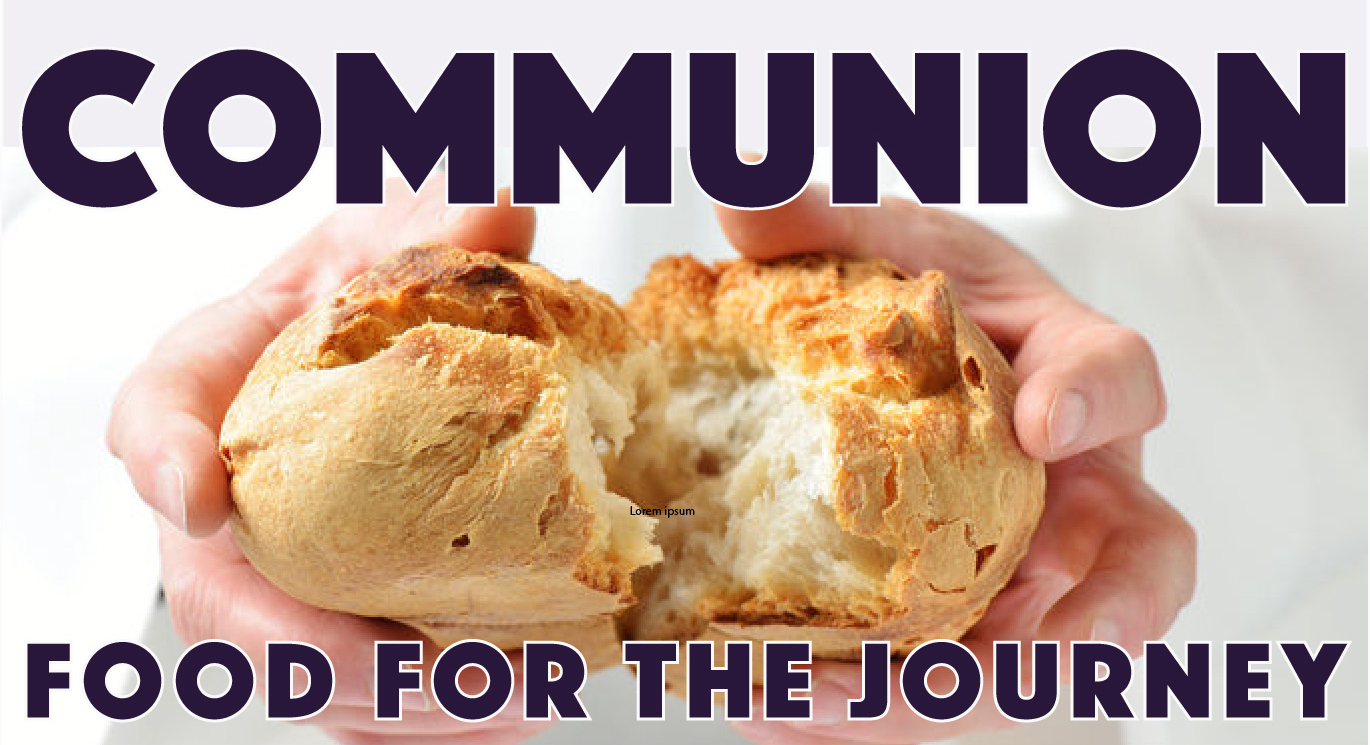
1 Samuel 21:1-9 & Matthew 12:1-8
Today’s two texts are related. For in the selection from Matthew’s gospel retelling of the life of Jesus, he refers back to the story that happens with David in 1 Samuel 21. 1 Samuel tells the story of how ancient Israel went from a people who were led directly by God via the priests and prophets to a nation which was led by a human King. God wanted them to be free, but the people clamored for a monarch so that they would be like the other nations that surrounded them. It’s the story of peer pressure and how we often settle for much less than what God wants for us because we don’t want to “stand out.”
In that story, David is being pursued by King Saul and his troops. God has forsaken Saul because he’s grown into a narcissistic megalomaniac ruler who sees himself as more of the leader than God. David is being raised up to take his place, as he, unlike Saul, remembers God’s centrality and seeks to serve rather than have others serve him. In their flight, they come to the ancient temple in Nob. They are starving, having traveled far and fast. The only thing to eat is the Holy Bread, reserved as a visible offering for God, placed on the table in the sanctuary. The priest gives the bread to them, to feed them. He recognizes that God has no need for bread, but seeks rather our hearts and love. God longs to nourish and nurture our bodies, to sustain and grow us. And so what seemed sacrilegious is actually the godliest thing to do.
In the text from Matthew, we hear of the disciples of Jesus who eat as they cross the fields of their country on the Sabbath day of rest. The Pharisee religious teachers take issue with this because picking wheat from the field is considered work. God had provided for all people to be able to eat by commanding that all farmers not harvest the entirety of their fields. Rather they were to leave the edge, as a gift for the hungry to glean” (eat for free)…like we do at times today with leftover, or unwanted, items at a farmer’s market. The Pharisees think the disciples (and thus Jesus as their leader) are sacrilegious, disrespectful of tradition, hypocritical in their spiritual and public lives. Jesus reframes the situation, reminding the religious leaders of what is central to their religion: not the following of rules, as much as a relationship with God who longs to nourish and nurture our bodies, to sustain and grow us in the life journey of faith.
Questions for the practice of Examen & Contemplation:
• What word, phrase or image grabs your attention?
• What was God’s intention for the Bread of the Presence? How did David conform to it?
• What was God’s intention for the Sabbath? How can Jesus and the Pharisees disagree about what that means for daily living?
• What do these stories have to do with the sacrament of communion? With our life today?
Download the Text Study Sheet we use in our Vocabulary of Faith Class Discussion at @CAPCOAKLAND [HERE]